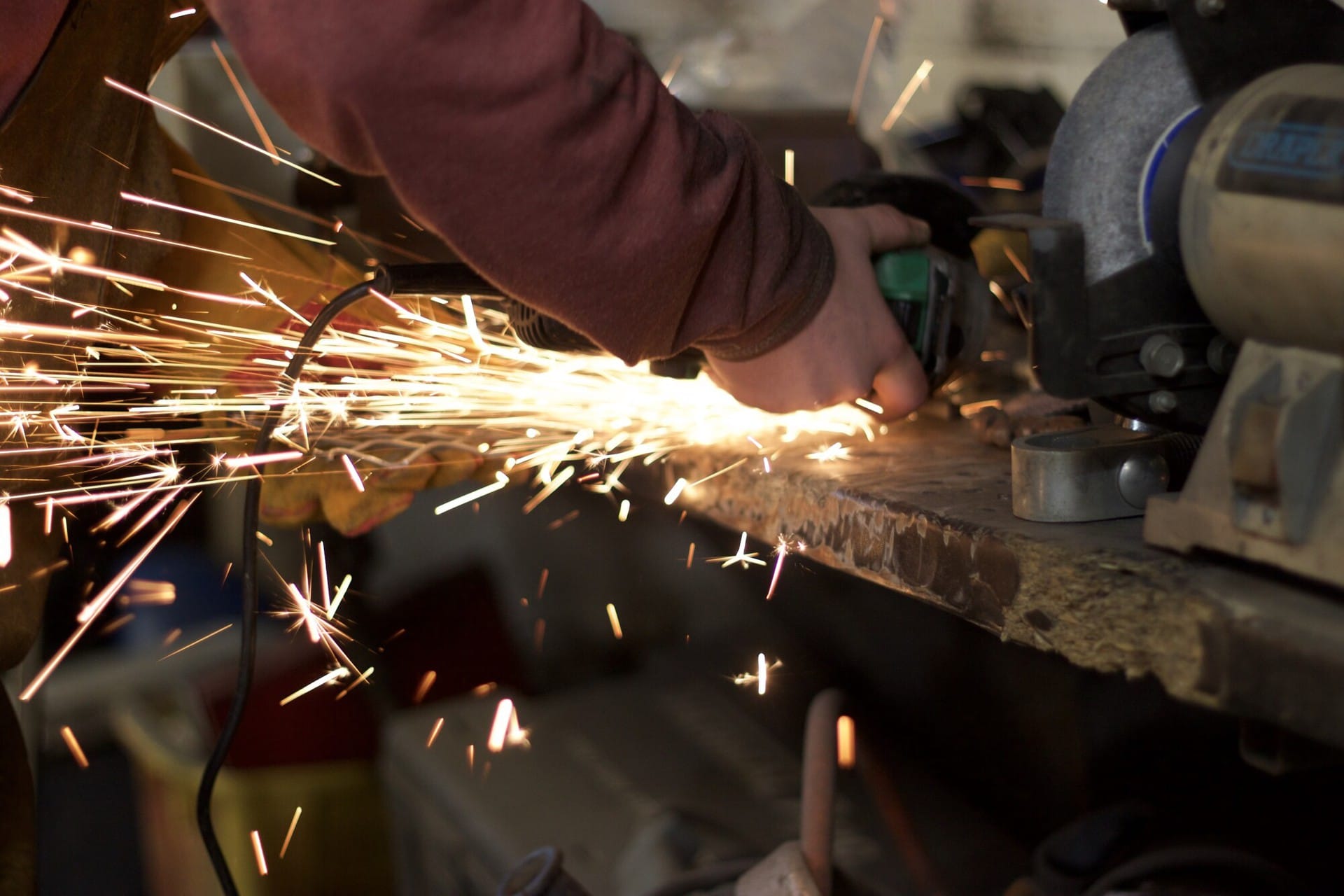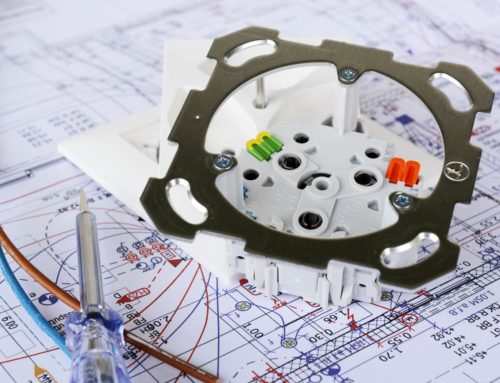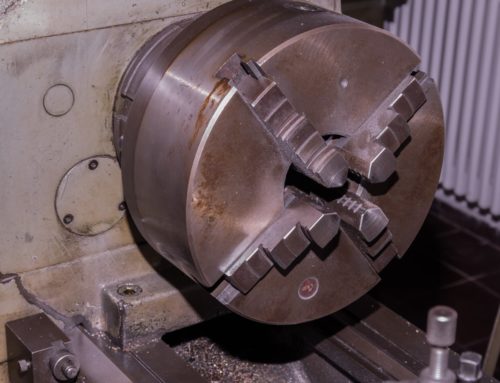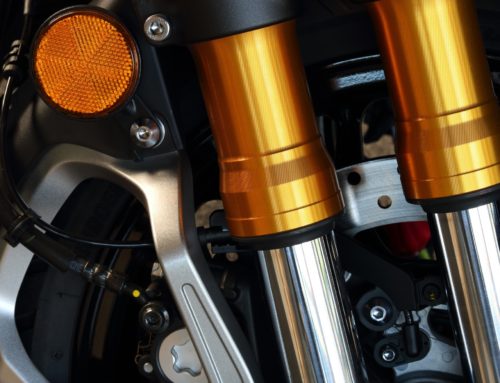Did you know that there are approximately 18,000 injuries in the machine shop industry every year in the United States? This makes it one of the most accident-prone industries in the country.
Many of these injuries are attributable to malfunctioning metal working machines, such as milling equipment, grinders, and lathes. This makes a motor’s braking system one of the most important safety and performance components on the equipment.
There are many different types of braking systems for machine motors. Electronic braking is one of the newer and more innovative ones. They provide many advantages, including lightning-fast stopping ability.
The information below lays out the many benefits of electronic brakes. Keep reading to find out how they can increase performance and safety in your business’s metal working processes.
Electronic Brakes Basics
Electronic brakes use electromagnetic forces to bring high-inertia loads to a complete stop. There are two main types.
Direct current (DC) injection brakes use a DC current to halt an alternating current (AC) induction motor. This causes the motor to stop immediately, even if the equipment is operating at high speeds or high load inertia.
The second type is dynamic braking, also known as rheostatic braking, which uses kinetic energy to rever the direction of the torque in a motor. The energy stored in the motor dissipates as a result of the resistance from the braking process.
You can use a dynamic braking system with both AC and DC motors. One limitation is that if you have a motor that must reach a total stop a dynamic braking system alone is not enough.
Advantages of Electronic Brakes
Electronic brakes have many benefits. One of the biggest is their ability to immediately stop the metal working machine. Since mechanical brakes use friction to stop a motor, there is always a lag in stopping.
This increases safety through improved reliability. Also, mechanical brakes produce large amounts of heat during the braking action. Whereas electronic brakes generate a negligible amount of heat.
Mechanical brake shoes, pads, and other components must be replaced often. Another advantage of electronic brakes is that they require very little servicing. This translates to fewer maintenance costs and less downtime for repairs at your workshop.
A final advantage of electronic brakes is versatility. Since you can adjust the DC current, you can determine how fast or slow a motor stops. This is crucial for equipment where an abrupt stop has the potential to cause damage.
Find Electronic Brakes for Your Metal Working Equipment
Now that you have an idea of how electronic braking works and the advantages it affords for metalworking and other tools, you can decide if they are a good choice for your equipment.
Ambitech has been servicing the metal working industry for more than 50 years. Our electronic motor brakes are an effective, permanent replacement for mechanical ones. Reach out to us today to learn more about electronic braking systems for metalworking tools and to see how we can assist your business.






